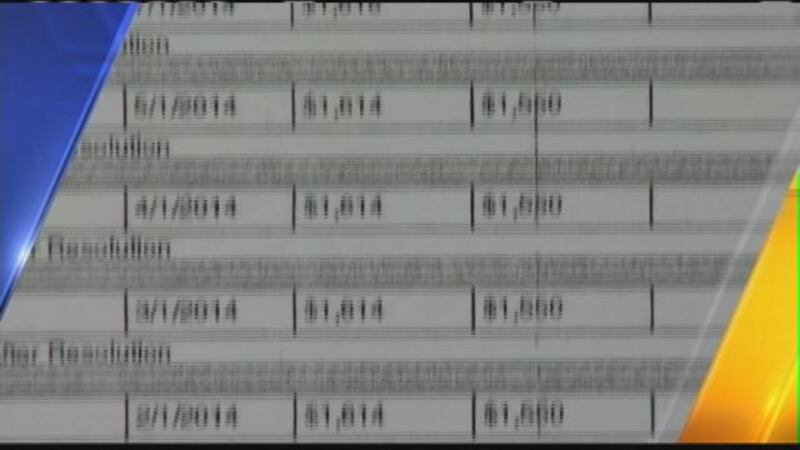SEATTLE — A man from Sprague said he received up to 40 credit reports belonging to complete strangers, after he asked Equifax to investigate parts of his own credit file.
Carl Parks, 53, said earlier this year, he wanted to clean up his own credit, and after reaching out to Equifax, they sent him dozens of envelopes that arrived for three days in a row.
“They started off saying my name, ‘Carl A. Parks,’” he said.
The letters attached to those credit reports said, “We verified that this item belongs to you,” indicating to Parks that he owed these debts.
“Ten or 15 student loans, 10 houses, many cars; I’m starting to really freak out,” Parks said.
In March of this year, Parks received a letter from Equifax, saying that they “inadvertently mailed” certain consumer information to incorrect individuals. The letter said this was a result of a “technical error” and did not find any evidence of criminal wrongdoing.
The letter asked for the papers back, which Parks’ lawyer has sent.
Parks said in the eight months since, he has tried to obtain his own credit report from Equifax, to make sure those people’s records are not actually attached to his by mistake. But he said he has not received any communication from Equifax.
“I want everything cleared. I mean, there are hundreds of pages, and each page says I'm responsible for everything. As far as I know, it's still on my credit,” he said.
Parks said he has had a clean record, without even a single traffic ticket, and dealing with this mishap has caused him a great deal of stress. He has now developed a physical condition and has not been able to work.
KIRO 7 asked Equifax about this case, and also how the company can assure people that their financial information won't be sent to the wrong people.
Equifax sent this statement:
"Earlier this year, a technical error of short duration caused certain consumer information to be released to an isolated number of other individuals. We conducted a full investigation, identified the individuals who had received this information, including Mr. Parks, and retrieved it. We contacted all impacted consumers to whom the information belonged and have mitigated this situation."
Parks got the help of Sara Ellen Hutchison, a lawyer who does many Fair Credit Reporting Act cases.
“I have never seen that before in my practice,” Hutchison said.
She pointed to another news report out of Maine earlier this year, about a woman who similarly received 300 or so credit reports of other people.
“We can be pretty sure that whatever procedures they have in place are not reasonable to protect the accuracy of our information,” she said.
Hutchison has helped Parks file suit against Equifax, for violation of the Fair Credit Reporting Act.
KIRO








